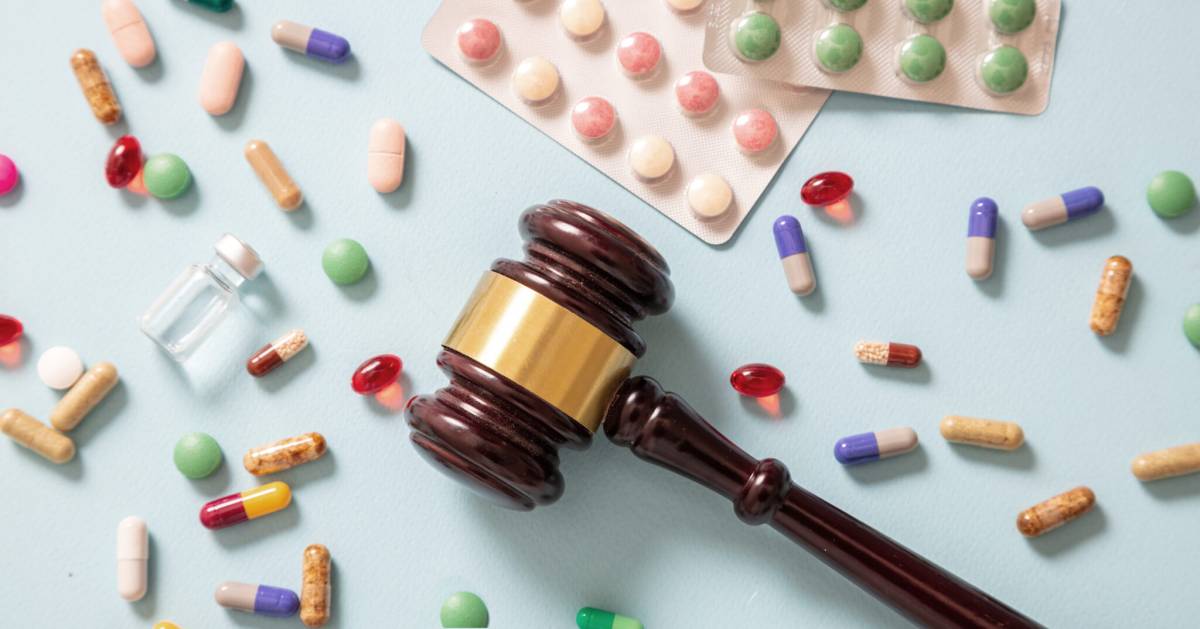UAE travel: Passengers need to declare these medicines to avoid hefty fines
Violators may face imprisonment and up to Dh200,000 fines for failing to declare controlled medicines

Dubai: Passengers travelling to the UAE must declare any controlled medicines they are carrying while entering the country.
While passengers are allowed to bring any non-prescription or non-controlled medication into the UAE, but they need to get prior approval if the medicines they are bringing in are classed as narcotic, psychotropic, controlled or semi-controlled in the UAE.
UAR has zero-tolerance policy for any recreational use of drugs.
The Abu Dhabi Public Prosecution recently explained the regulations and penalties for travellers violating the rules.
What are controlled medicines?
According to the official website of the UAE government - u.ae, controlled drugs are those that, if not used responsibly, can lead to addiction and have the potential to be abused by individuals. Narcotic, psychotropic and other controlled drugs or medicines of class A or B are neither freely available in the UAE, nor can they be freely imported into the country. They fall under the controlled or restricted items' category. You must have a permit to bring controlled medication.
What are the requirements to bring narcotic drugs?
Get a permit from the Ministry of Health and Prevention (MOHAP) and disclose the medication at the airport.
If your relative or friend is bringing in the medicine on your behalf, they need to have an official Power of Attorney for it, notarised by the competent authorities.
The quantity of narcotic drugs brought should be as per the duration of treatment.
If the prescribed quantity is repeated, the treatment period should not exceed three months.
Required documents
• MOHAP permit
• The medical report, with the patient's data, name of the drug, prescribed quantity, doctor's name and health facility's seal.
• A medical report documented by a competent authority, not more than one year ago.
• A copy of the passport or ID.
• A copy of the medical prescription issued less than a month ago authenticated by the competent authority.
How do I know if I need a permit for my medicine?
To find out if you need a permit for the medication you are carrying, you can access the list of controlled medications here - https://u.ae/en/information-and-services/health-and-fitness/drugs-and-controlled-medicines/controlled-medicines- and scroll down until you see ‘List of Controlled Medicines’.
Download the document and search for the medication. You will find out if it is banned or you need to carry an allowed quantity, prescription, medical report and import permit.
How do I get a permit from MOHAP?
Once you have figured out if the medication you are travelling with falls under the controlled category, you need to apply for an import permit from MOHAP, which can be applied for online through the website – mohap.gov.ae and is free of cost. You must have a UAE Pass account to access the application for the import permit. Click here to find out how you can set up a UAE Pass account as a visitor.
Once the permit is issued, it is valid for use for two months. Also, it is important to note that the permit is valid to be used only once, which means that you cannot use the same approval multiple times to bring medicine into the UAE.
Penalties
Abu Dhabi Public Prosecution highlighted that as per Articles 10 and 11 of Federal Decree-Law No. 30 of 2021 regarding combating narcotic drugs and psychotropic substances, it is prohibited to import, export, transfer, produce manufacture, bring or possess any narcotic drugs or psychotropic substances. The authority warned that the penalties vary according to the weight or number of quantities seized.
“The penalty may amount to a minimum of two years imprisonment and a fine of no less than Dh100,000, and a maximum of life imprisonment and a fine of no less than Dh200,000,” the post reads.